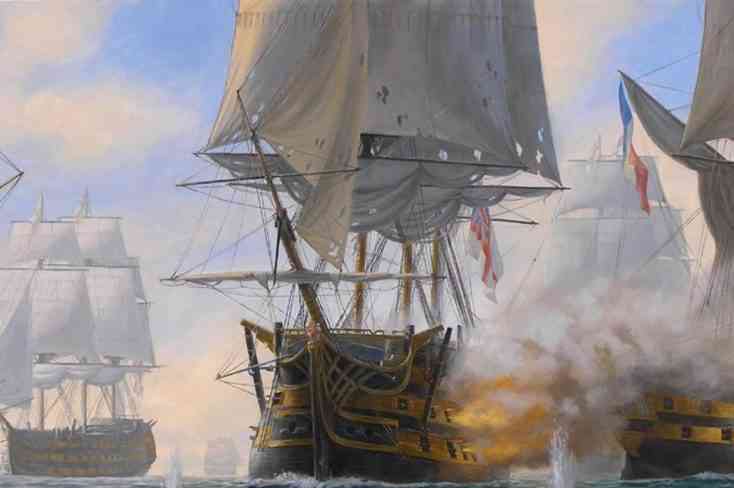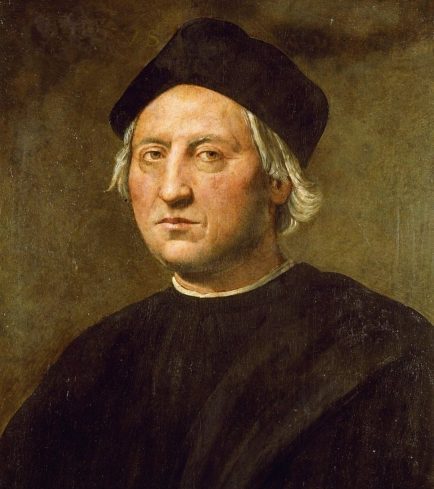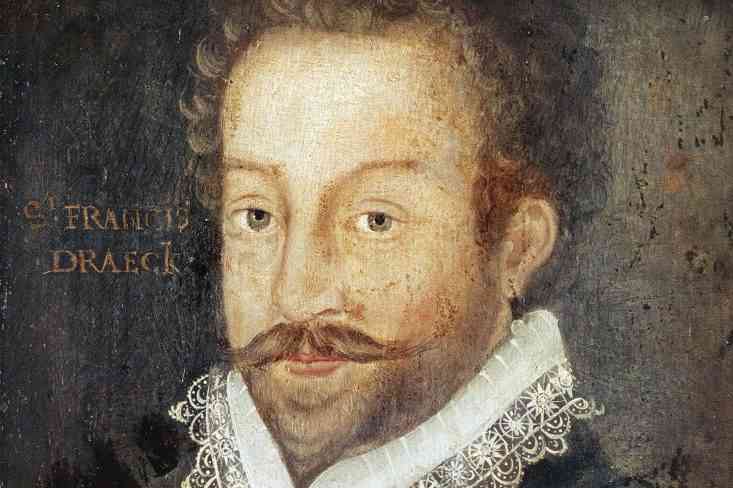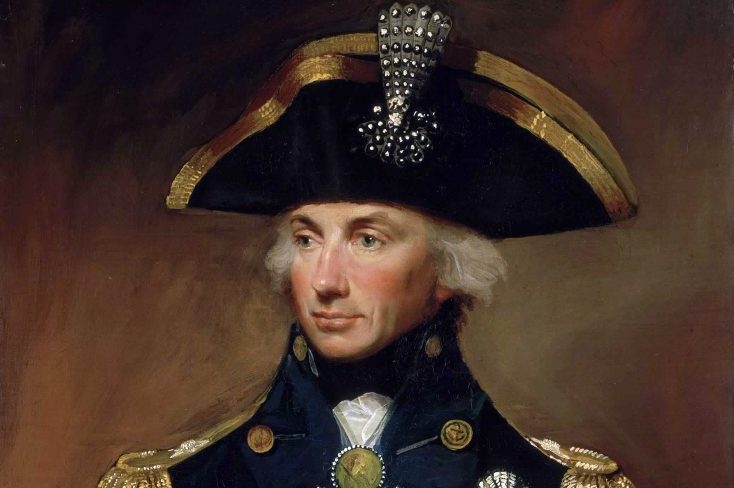BA number of captains made their impact on history long before the cathedral was established, each using this port. One sailed from here, another was sacked here, and the third died of his wounds while his ship battled the rocks south of its harbors. Both kind of luck tormented each of them. And each man teaches us something new about history and leadership.
Three outstanding captains. There are three significant legacies. Three distinct aesthetics. Each was the recipient of good fortune and the victim of bad fortune. Each guy earned his place in history by working hard. An explorer, a pirate, and an admiral have all visited this port at some point in their lives. Keep reading and find out more about their lives.

Christopher Columbus
Christopher Columbus is known all around the world as one of history’s most legendary captains. It was from this harbor that he set sail to explore the new globe for the first time. His later journeys, on the other hand, would be based in Cadiz. It is a superior port that would benefit for 400–500 years from Columbus’ achievements.
Columbus was convinced that everyone else was mistaken regarding the size of the Earth.
Columbus had professed his respect for the port of Cadiz and his knowledge of it. He was well aware of its importance as a bay, as well as the fact that it had served as the launching point for numerous significant voyages to Morocco and the Canary Islands. In addition, he had a large colony of Genoese, his compatriots, who financially supported him in the city. Cadiz’s colony accounted about 10% of the city’s population.
Columbus set sail unprepared for the journey ahead of him. He would have died of mutiny or starvation if he hadn’t stumbled into the West Indies. His story is based on obstinacy, vanity, foolishness, and good fortune. Despite this, he is one of history’s most famous captains.
The admiral set sail on September 25, 1493 from Cadiz waters on a voyage in which he discovered Jamaica, Puerto Rico and Cuba. He also founded “La Isabela” on the island La Española, today Santo Domingo.

Francis Drake
Around a century later, another great Captain arrived in Cadiz with the intention of sacking the city. Francis Drake, often known as El Draque in Spanish, was an English privateer . He was a strange yet incredibly successful leader.
Sir Francis Drake set off from Plymouth on an expedition that would end with an attack on the port of Cádiz in southern Spain, damaging ships and supplies and forcing the Spanish Armada to postpone their voyage for a whole year.
They captured Spanish treasure ships. Drake also learned of another ship, the Nuestra Señora de la Concepción, traveling west towards Manila. Drake pursued the treasure ship and eventually seized it, which proved to be his most profitable capture.
Sir Francis Drake launched an attack on Cadiz in April 1587, while Philip II was assembling the Spanish Fleet for the Armada. The Armada was delayed by nearly a year as a result of Drake’s expedition, giving England additional time to prepare for the Spanish attack in 1588.
With this expedition, he had brought that affront right to Philip’s doorstep, plundering along the Spanish coast and lying up in Spain’s premier Atlantic port for three days while burning ships and stores.
Three ships belonging by the Levant Company of London, each displacing over 500 tons, and seven smaller vessels weighing up to 200 tons made composed the strike force. The others were smaller, lighter-draught ships that would be used for reconnaissance, message delivery, and shallow-water operations close to shore.

Horatio Nelson
Another Spanish fleet would meet its end not far from Cadiz two hundred years later. Their French friends would fare considerably worse. One of the most famous naval engagements of all time is the Battle of Trafalgar.
Nelson’s plan and leadership style were as daring as anything Drake could have dreamed. Nelson, on the other hand, took discipline and duty to a whole new level. His men had a lot of experience with the broadside. Besides, he meticulously plan his fighting strategies. His will remained strong even in the face of overwhelming odds (outnumbered and battered by the wind).
Nelson engaged in what would be his final fight, the Battle of Trafalgar, on October 21, 1805. Napoleon Bonaparte had recruited troops to conquer the British Isles once more. The French and Spanish fleets left Cádiz on October 19, and Nelson faced the 33 Allied ships with 27 ships.
Nelson issued one of his last encrypted signals to the fleet shortly before the combat began. “England expects that every man will do his job,” said the penultimate telegram given before going into battle.

If you want to know more about the history of Cadiz or its culture and traditions don’t forget to contact us in info@alsherry.com or in our website. We will be happy to help!!
